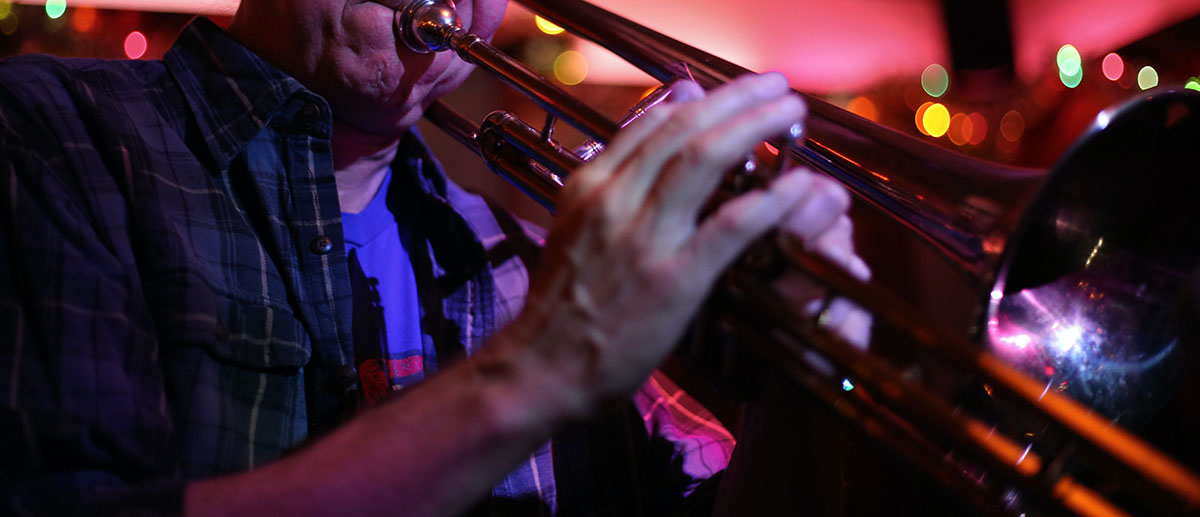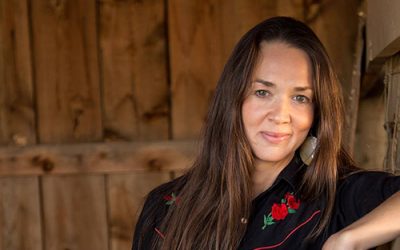The American Prize in Vocal Performance—Friedrich and Virginia Schorr Memorial Award honors the memory of the greatest Wagnerian baritone of his age, Friedrich Schorr, who commanded the operatic stage between the world wars, and his wife, Virginia Schorr, who taught studio voice at the Manhattan School of Music and the Hartt School of Music for nearly fifty years. The Prize recognizes and rewards the best performances by classically trained vocalists in America, based on submitted recordings.
The American Prize in Vocal Performance—women in opera (professional division), 2022, The Friedrich and Virginia Schorr Memorial Awards
The American Prize Winner: Olga Perez Flora, University of New Mexico, Albuquerque, NM
Opera roles include performances with Opera Company Middlebury/A Streetcar Named Desire (Eunice), Opera Columbus/Madama Butterfly (Suzuki), Arizona Opera/Die Zauberflöte (Third Lady), Opera in the Heights/Don Giovanni (Zerlina), and more.
Internationally known as a recitalist, Dr. Flora has performed several recitals with companies across the United States, Cuba, and Italy. She has most recently created a Cuban Song Recital named Canciones de mi Isla: Songs from my Island.

Dr. Karl Hinterbichler receives the Ken Hanlon Award from International Trombone Association
Dr. Karl Hinterbichler receives the Ken Hanlon Award from International Trombone Association The Kenneth Hanlon Award recognizes an individual that contributes greatly to the InternationalTrombone Association (ITA) and the trombone world with a spirit of generosity...
Dr. Kristina Jacobsen wins award for an article
Dr. Kristina Jacobsen wins award for an article The article ‘Don’t Even Talk to Me if You’re Kinya’áanii [Towering House]’: Adopted Clans, Kinship, and ‘Blood’ in Navajo Country” was awarded “the most thought-provoking article in Native American and Indigenous Studies...
Music, Emotion and Fish with Dr. David Bashwiner Part 2
Music, Emotion and Fish with Dr. David Bashwiner Part 2 We are back, with Part 2 of ‘Music, Emotion, and Fish’. If you haven’t had the chance to listen to Part 1, you can click back to Episode 15, Dr. David Bashwiner was just getting to his work on the Midshipman...



